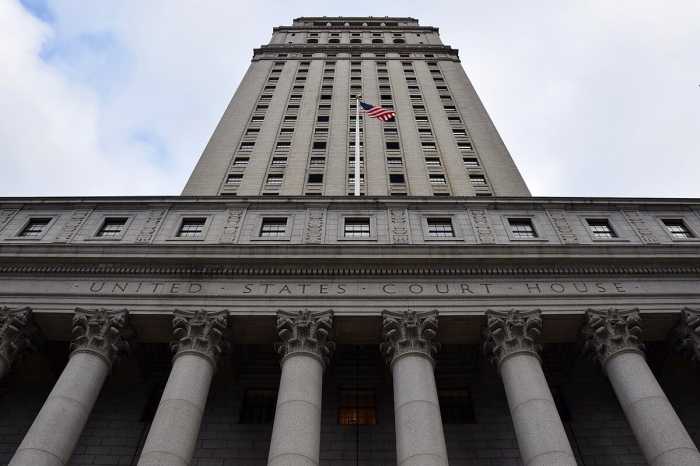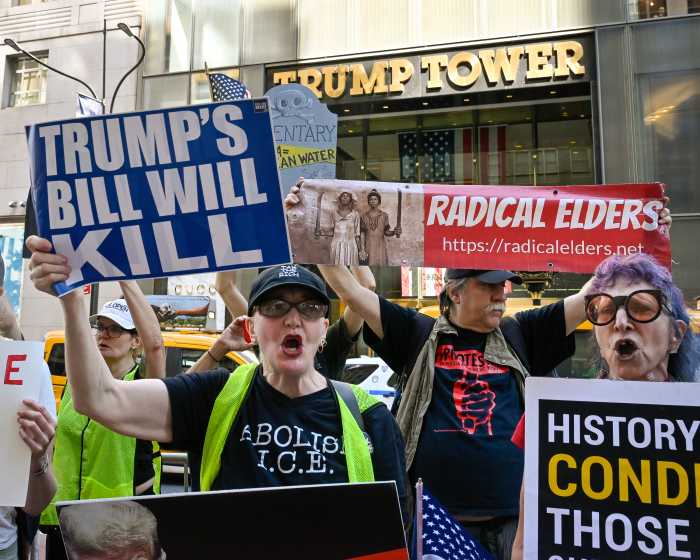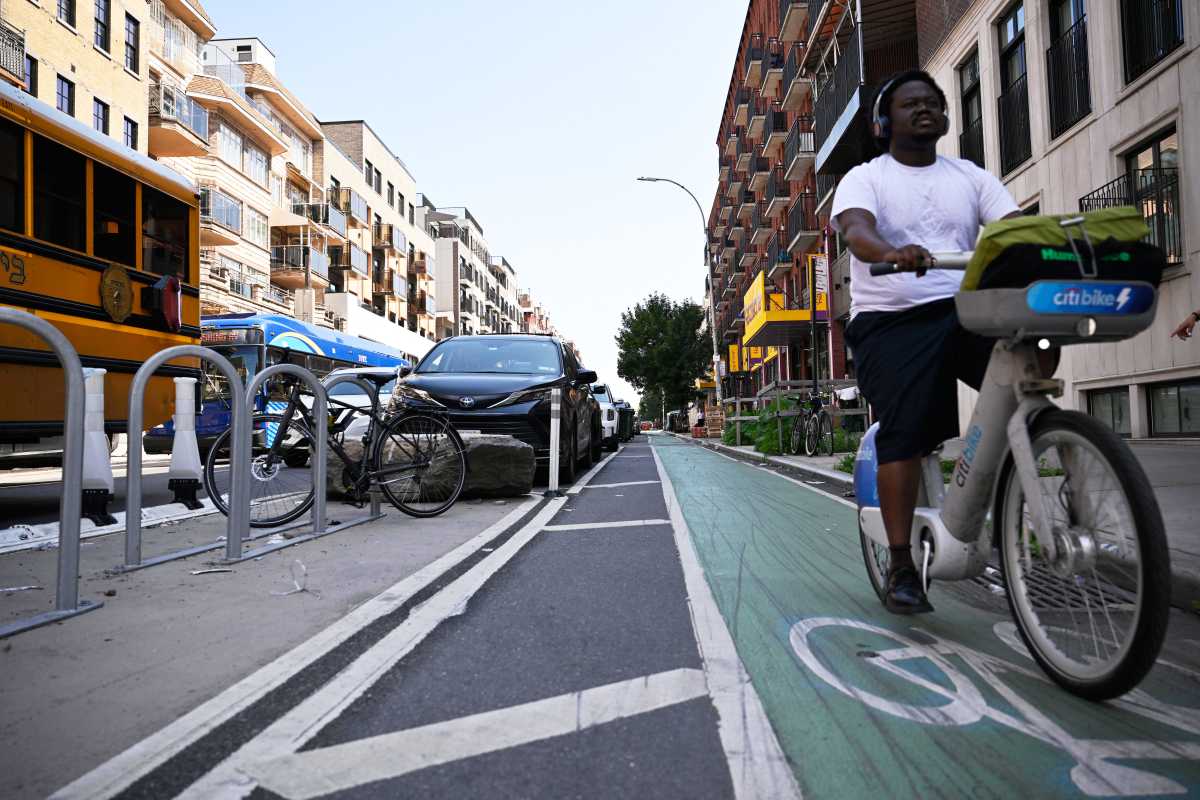The developers of Trump Tower aren’t the only ones to have reneged on a promise to provide public space in exchange for the right to build bigger.
A new audit by Comptroller Scott Stringer found that half of all privately owned public spaces (POPS) restrict access to the public, fail to provide promised amenities, or have commercialized the areas by turning them into restaurants.
Of the 333 POPS surveyed, 275 had not been inspected by the Department of Buildings in at least four years — and 41 of 58 locations that had been inspected within the last four years were not in compliance. Only 18 violations to 10 of those locations were issued, despite widespread non-compliance, according to the audit.
The findings prove what gadflies have long suspected: Developers allowed to build higher and given generous zoning exemptions flagrantly broke the promises they made to provide communities with plazas, atriums, seating and resting areas, bike racks, and water fountains.
The audit proves that “passive monitoring” of POPS locations is a failure, the Municipal Arts Society said in a statement. The Society wants the DOB, which typically inspects spaces only after receiving complaints, to initiate proactive policing of public spaces and strengthen enforcement. The Society also called on the City Council to pass a bill that would increase and add fines for violators and another requiring developers to post signs announcing amenities and hours of operation with information on how to make a complaint.
About 23 million square feet of additional floor space has been given to developers in exchange for providing public spaces in 333 locations, according to Stringer.
“I want this audit to be considered a formal complaint about every location we found to be in violation of its agreement,” Stringer said.




































